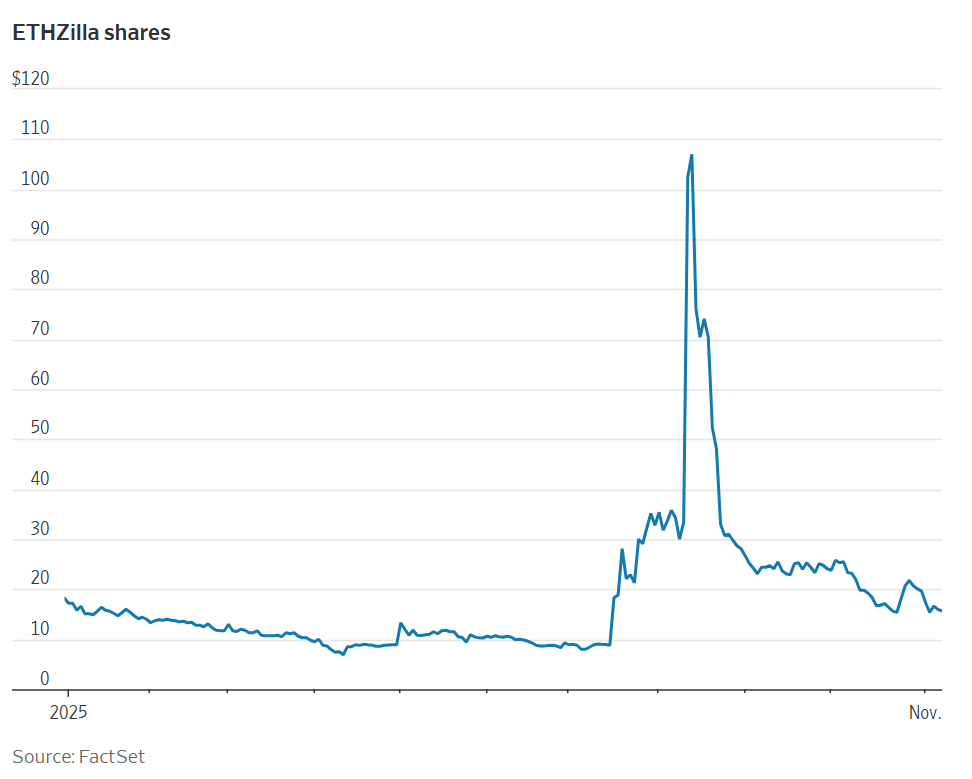Google is loosening its hold on the way Android apps make money in Europe after years of complaints from developers and mounting pressure from regulators in Brussels.
Per Bloomberg, the tech giant reportedly said this Tuesday, August 19, that it will allow app makers to send users directly to external websites to pay for subscriptions, upgrades, and other digital purchases, something that was largely blocked until now.
The change is aimed at satisfying the EU’s Digital Markets Act (DMA), which threatens fines running into the billions for companies that keep too tight a grip on their platforms.
For consumers, this could eventually mean cheaper apps and more payment options. For developers, it opens the door to keeping a bigger slice of their earnings.
Developers get more breathing room
Until now, developers on the Play Store were mostly forced to use Google’s in-app payment system, handing over up to 30% of every transaction.
The proposed system , called the External Offers Program, lets developers guide users outside the Play Store checkout to make purchases. Google is also cutting its first-year acquisition fee from 10% to 3%, while keeping a tiered fee system to cover what it calls security and platform costs.
Clare Kelly, Google’s senior competition counsel, insisted the company is still committed to protecting users. “Moving consumers away from the store’s protected environment creates serious security risks,” she said. “But we want to give developers more flexibility and options.”
Brussels isn’t letting up
In March, the European Commission accused Google of breaking the DMA by restricting how developers could steer users to cheaper offers outside Play, and by giving unfair preference to its own services in search results.
The DMA , in force since 2023, is Europe’s attempt to cut big tech down to size. It applies to “gatekeepers” such as Google, Apple, Meta, Amazon, and Microsoft, banning them from self-preferencing and forcing them to open their platforms to rivals. Penalties can reach up to 10% of a company’s global revenue and double that for repeat offenders.
Apple and Meta have already been hit with fines of €500 million and €200 million, respectively. Google itself has shelled out more than €8 billion in EU antitrust penalties over the past decade.
A delicate balance
Google has long argued that bypassing its payment system could expose consumers to fraud, phishing, and malicious apps. Independent researchers agree the risk is real, but some say Google has also exaggerated the threat to defend its lucrative commission structure.
The next steps will depend on the Commission’s response.
If regulators judge Google’s new measures to fall short, the company may have to go back to the drawing board or face fresh charges and penalties under the DMA. If accepted, the changes would mark one of the most significant overhauls of the Play Store since its launch.
Google, meanwhile, is treading a fine line. Accepting the EU’s rulebook keeps its Play Store business intact, but every concession chips away at the control and revenue streams it once took for granted.
KEY Difference Wire helps crypto brands break through and dominate headlines fast




